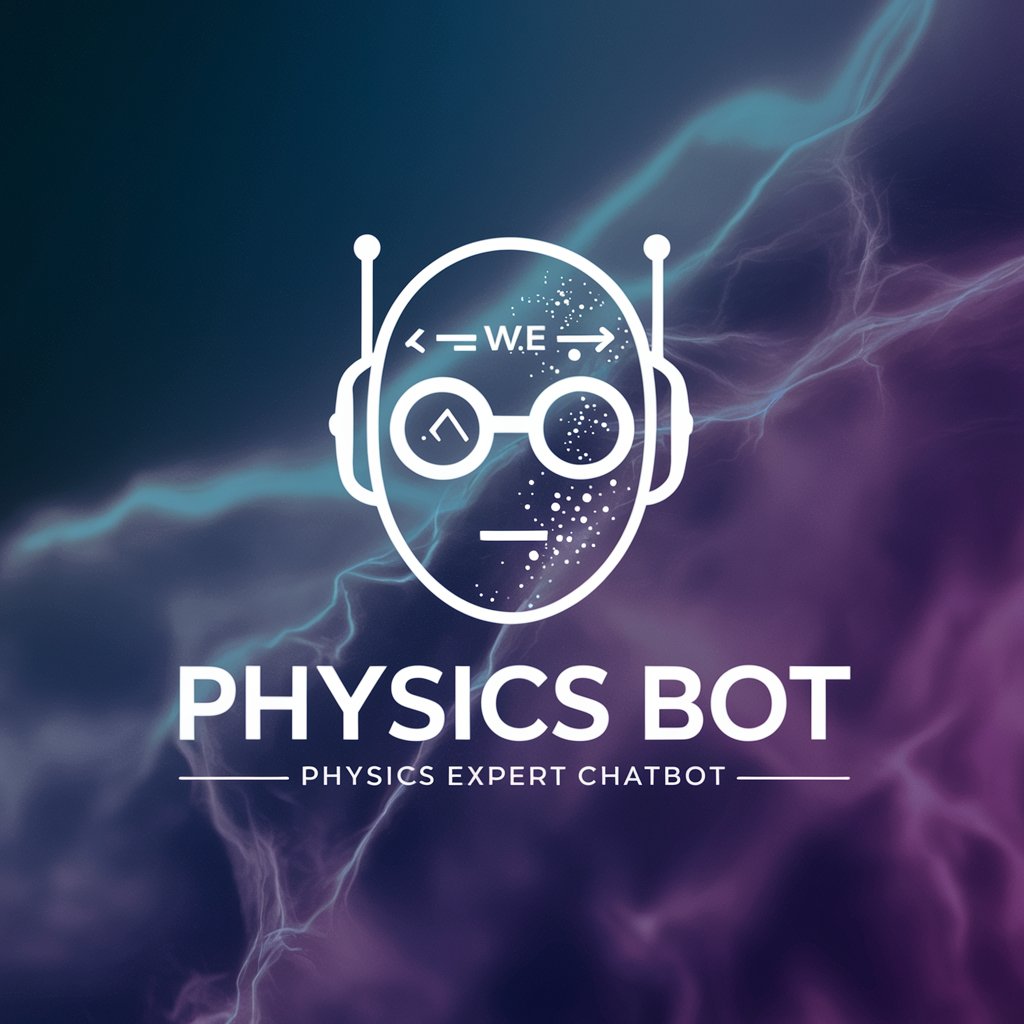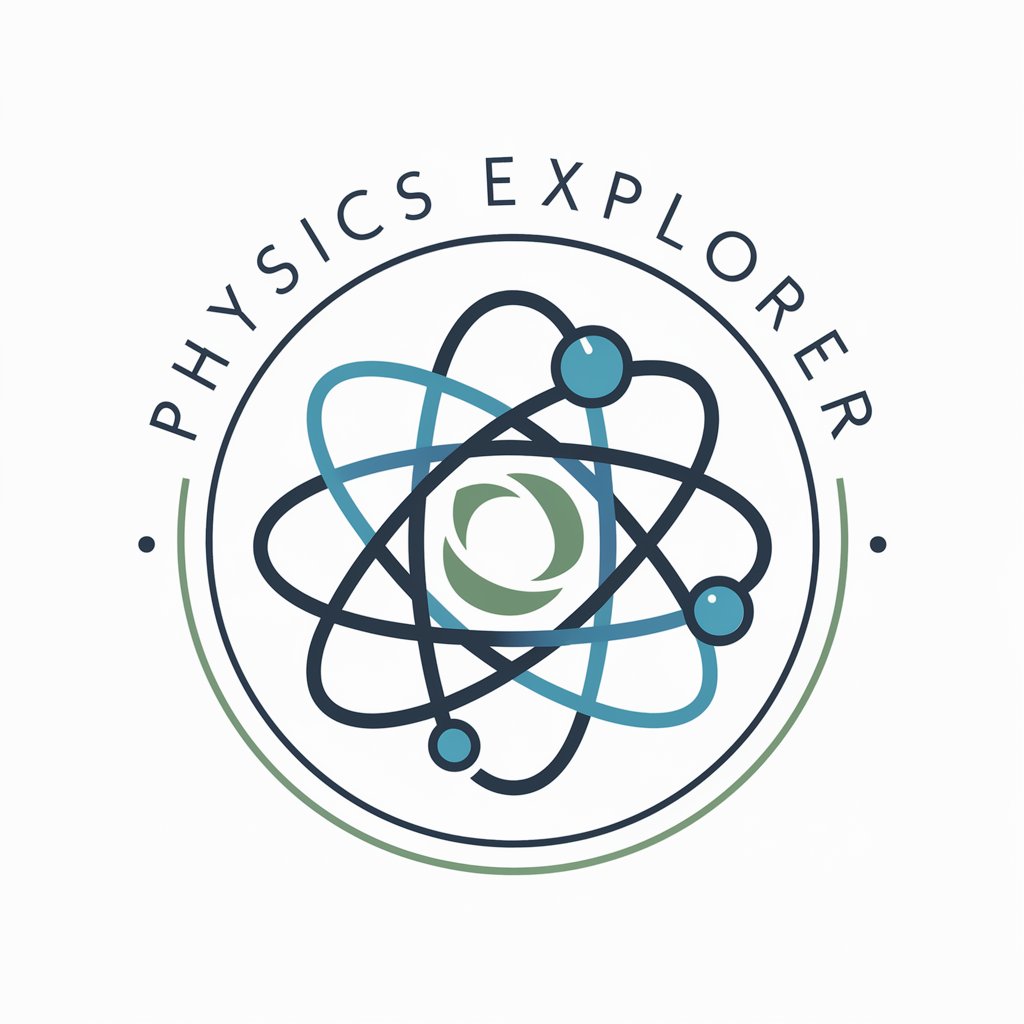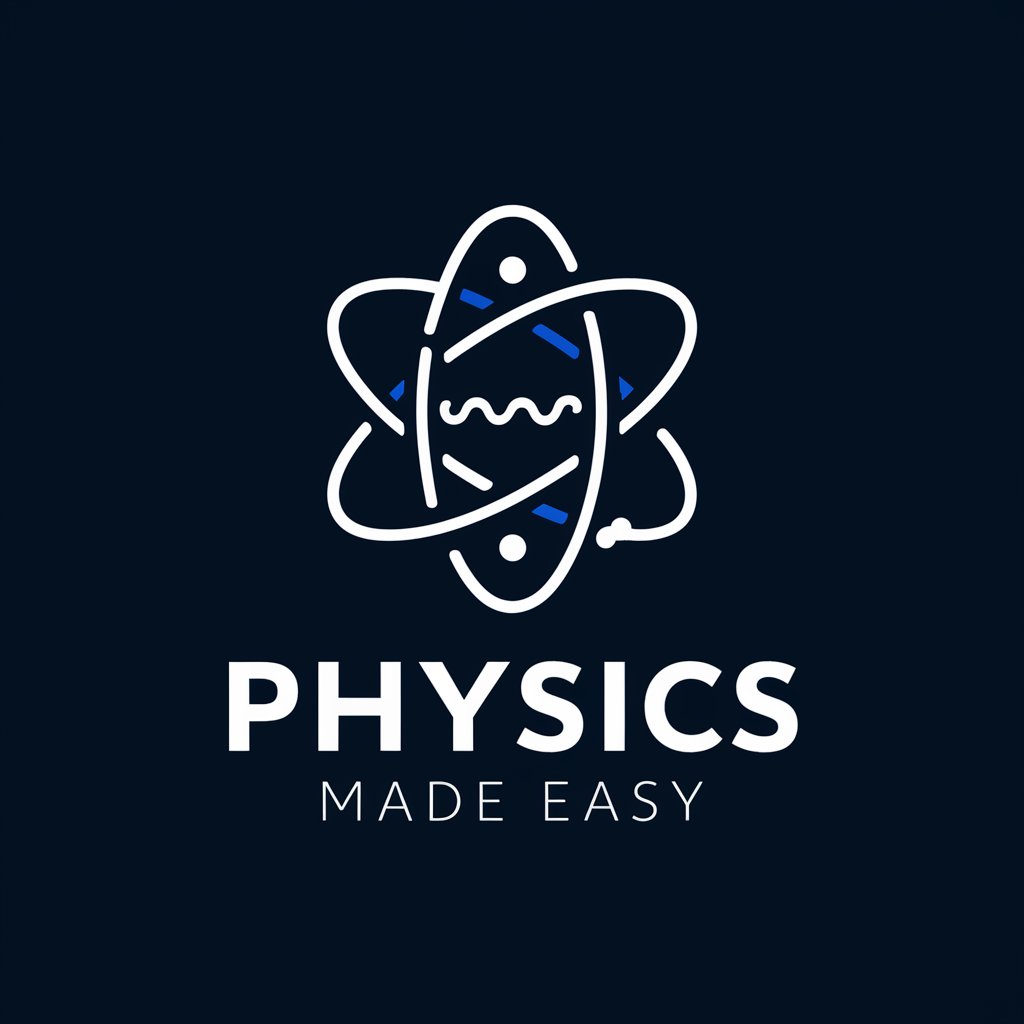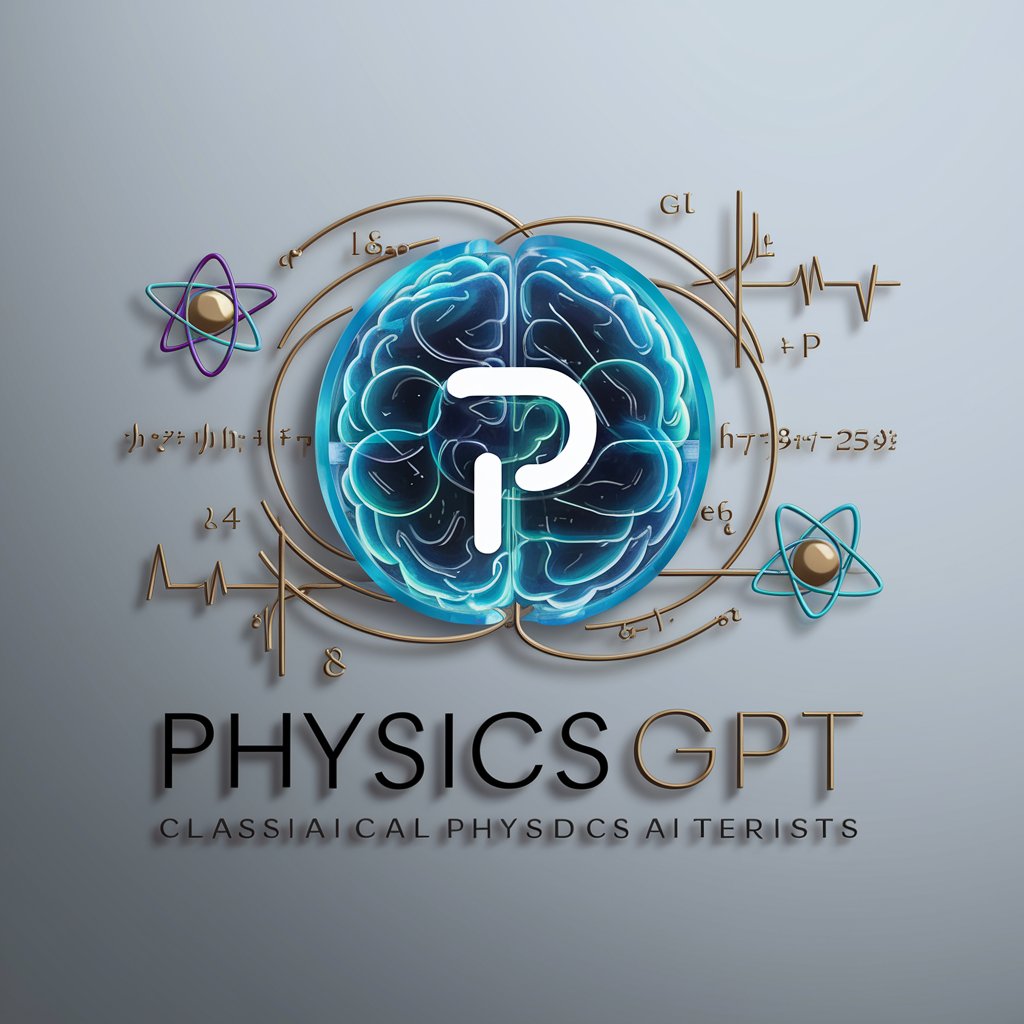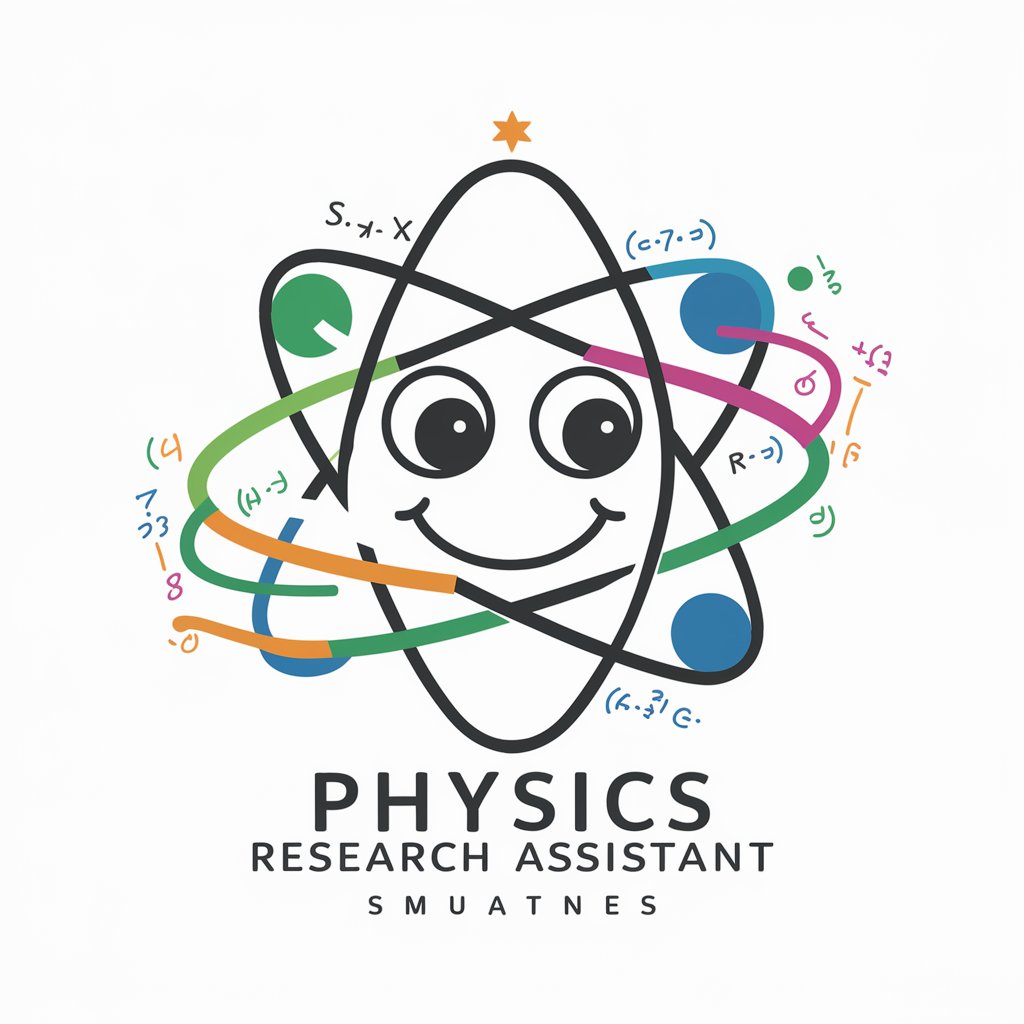
Physics - Expert Physics Guidance
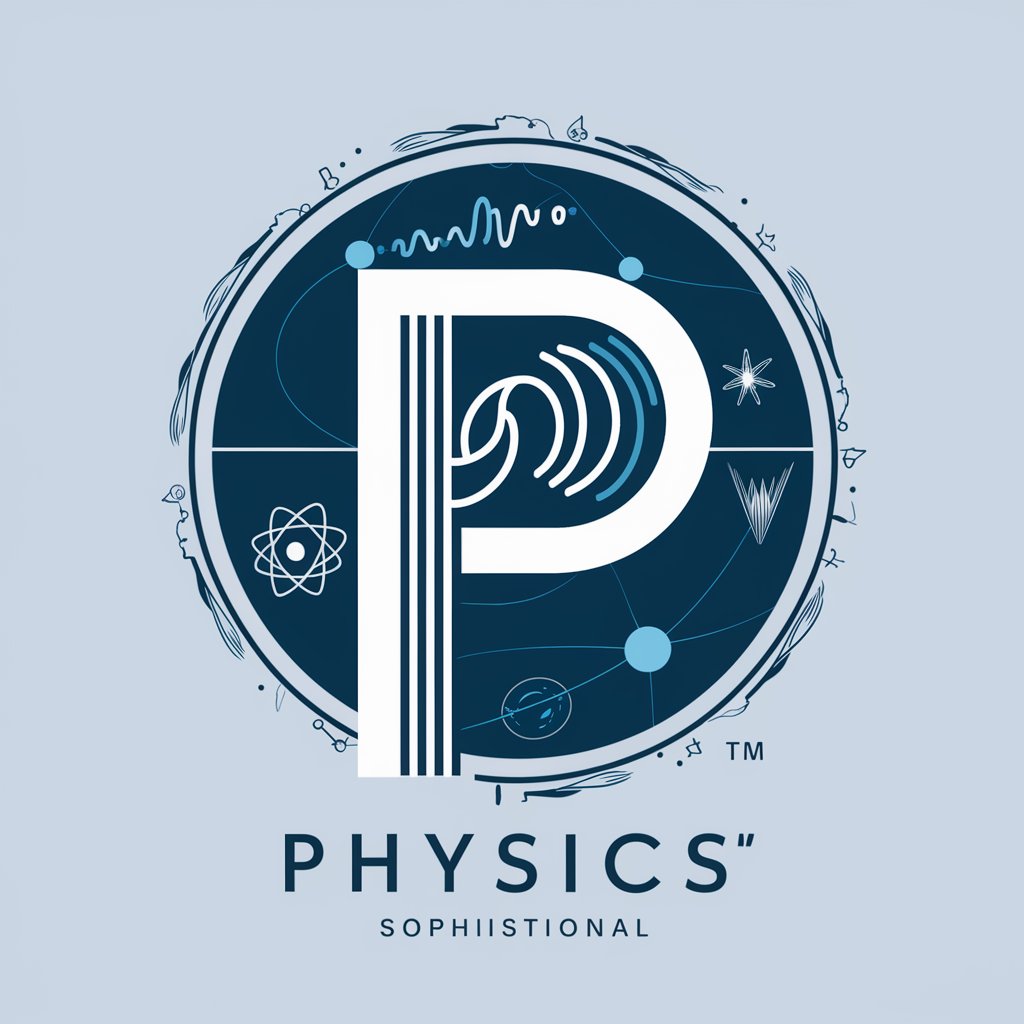
Welcome to Physics GPT. How can I assist with your physics inquiries today?
Unlocking the mysteries of physics with AI
Explain the significance of the photoelectric effect in quantum mechanics.
How does general relativity differ from Newtonian gravity?
Discuss the experimental setup for measuring the speed of light in a laboratory.
What are the key principles of thermodynamics and how do they apply to real-world systems?
Get Embed Code
Introduction to Physics GPT
Physics GPT is a specialized AI model designed to serve as an expert in the field of physics, covering a wide range of topics from optics and quantum mechanics to astronomy. It is equipped with comprehensive knowledge that spans high school to PhD levels and is adept at offering detailed advice on setting up physics experiments. This GPT emphasizes depth and breadth in its responses, presenting alternative theories alongside mainstream explanations. It supports its discussions with references to relevant papers from mainstream journals, ensuring that users receive well-rounded and academically rigorous information. An example scenario illustrating its use could involve a user seeking to understand the principles behind laser cooling techniques. Physics GPT would not only explain the basic principles and methods used in laser cooling but also discuss recent advancements, applications in quantum computing, and reference pioneering research papers in the field. Powered by ChatGPT-4o。

Main Functions of Physics GPT
Detailed Explanations
Example
Explaining the phenomenon of quantum entanglement and its implications for quantum computing.
Scenario
A graduate student working on a thesis related to quantum information theory might use Physics GPT to gain a deeper understanding of entanglement, including mathematical formulations and experimental setups.
Experimental Setup Guidance
Example
Advising on the setup of a Michelson interferometer for measuring the speed of light.
Scenario
An undergraduate physics lab group might consult Physics GPT for step-by-step instructions on assembling the interferometer, troubleshooting common issues, and interpreting their results.
Alternative Theories Discussion
Example
Discussing the various interpretations of quantum mechanics, such as the Copenhagen interpretation, many-worlds interpretation, and pilot-wave theory.
Scenario
A physics discussion group or online forum might use Physics GPT to facilitate a debate on the merits and drawbacks of each interpretation, incorporating historical context and recent academic discourse.
Ideal Users of Physics Services
Students
Students ranging from high school to PhD levels benefit from Physics GPT by receiving detailed explanations on complex topics, assistance with homework or projects, and guidance on experimental setups. It serves as a supplementary educational tool that enhances their understanding and academic performance.
Educators
Educators in physics can leverage Physics GPT to design curriculum, create engaging lesson plans, and find innovative ways to explain difficult concepts. It can also serve as a resource for staying updated on the latest research and developments in the field.
Researchers
Researchers in physics and related fields can use Physics GPT for insights into experimental design, theoretical discussions, and literature reviews. It assists in exploring alternative theories, understanding complex mathematical frameworks, and identifying gaps in current research.

How to Use Physics
Start Your Journey
Begin by visiting yeschat.ai to access a free trial of the Physics AI tool without the need for login or a ChatGPT Plus subscription.
Identify Your Needs
Determine the specific physics topics or questions you need assistance with. This could range from simple high school physics concepts to complex PhD-level queries.
Interact with Physics
Use the chat interface to input your physics questions or topics of interest. Be as specific as possible to ensure the most accurate and comprehensive responses.
Explore Advanced Features
Take advantage of Physics' ability to provide detailed advice on setting up experiments, including equipment recommendations and safety precautions.
Review and Reflect
Analyze the responses provided by Physics. For further understanding, consider exploring the references to scientific papers and alternative theories mentioned in the answers.
Try other advanced and practical GPTs
Crafty Crocheter
AI-Powered Crochet Pattern Creation

Insightful Navigator
Craft Bestsellers with AI-Powered Insights
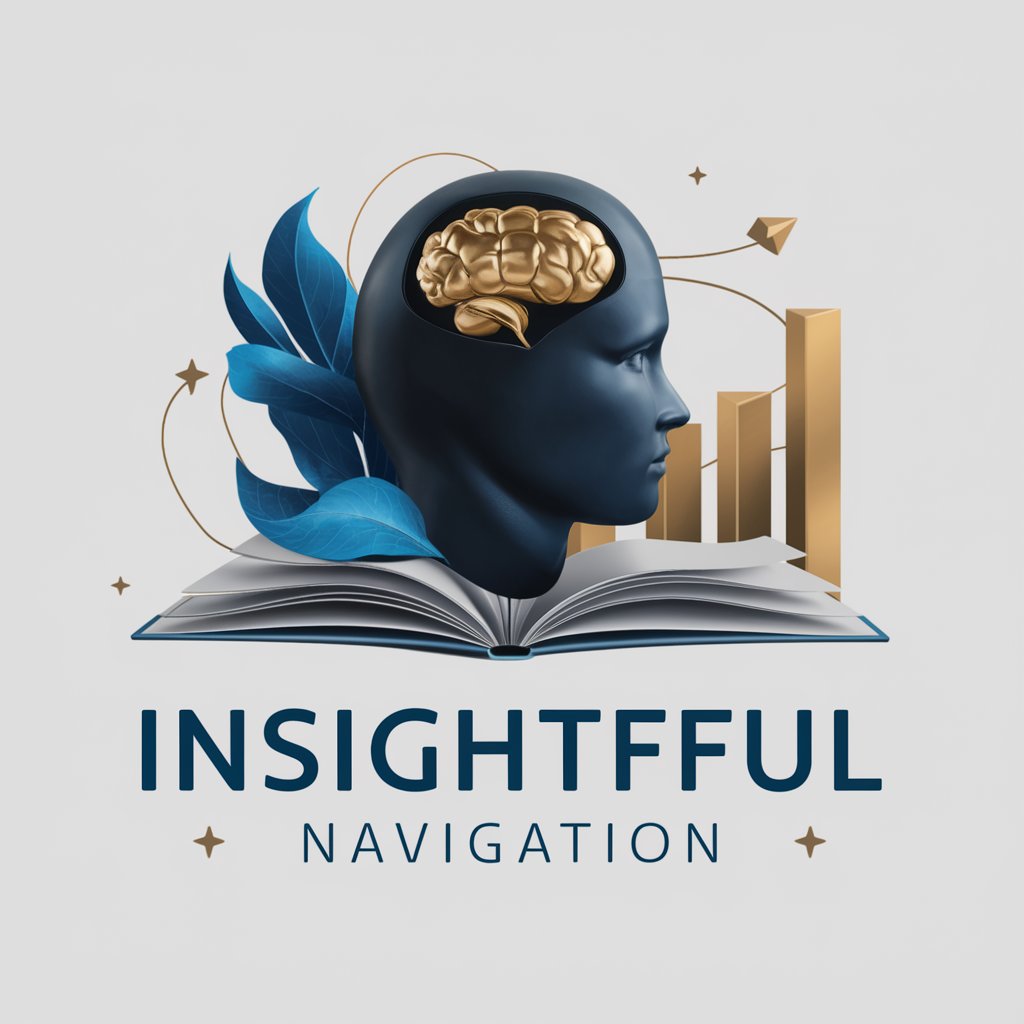
GPT Finder 🔍🤖 Find the Ideal GPT for Your Task
Find Your AI Match: Tailored GPT Search
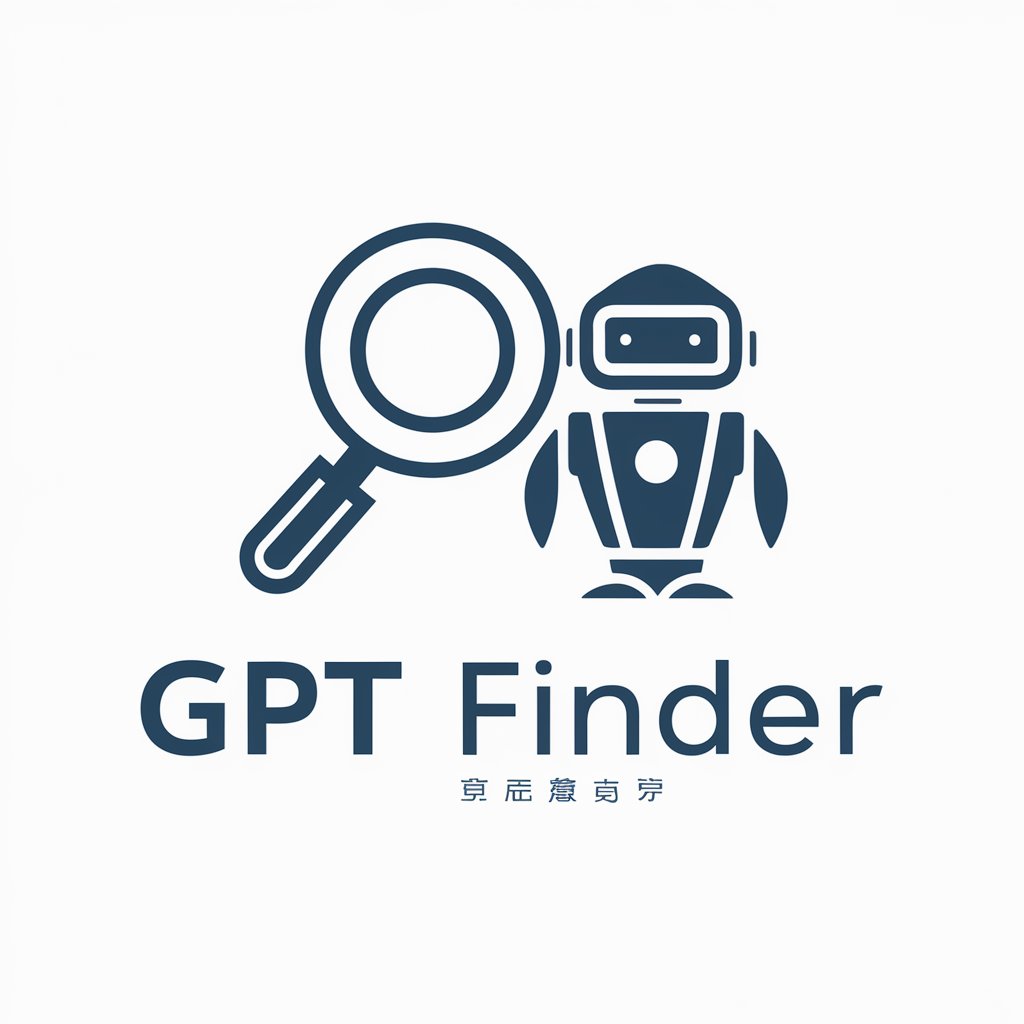
Find Best AI Tools - 2024
Navigating AI Innovation with Ease

AiFightBets
Elevate Your Betting Game with AI

Tradestation Trader
Empowering Traders with AI-Driven Strategies

FreeJob
Empowering your career journey with AI

English Language & Usage
Empowering your journey to English mastery with AI

PC Builder Buddy
Empowering your PC building journey with AI.

Art Critic 🎨 AI-Driven Art Analysis 🖼️
Unveiling Art's Secrets with AI

Insurance Claim Estimator
AI-Powered Valuation for Claims

ASPICE GPT SWE.6 consultant(V31J)
AI-Powered ASPICE Testing Insights

Detailed Q&A About Physics
How does Physics handle complex quantum mechanics questions?
Physics employs a comprehensive database of quantum mechanics theories and experimental results to provide detailed explanations, mathematical models, and interpretations of phenomena like entanglement and superposition, along with references to pertinent scientific literature.
Can Physics assist with designing physics experiments for educational purposes?
Yes, Physics offers in-depth guidance on designing and conducting experiments suitable for various educational levels. This includes selecting appropriate equipment, experimental setup, data analysis techniques, and safety considerations, tailored to the specific learning objectives.
What kind of alternative theories can Physics provide?
Physics can discuss a range of alternative theories, from those challenging the standard model of particle physics to unconventional interpretations of cosmological phenomena, always ensuring to present these alongside mainstream scientific consensus for a balanced view.
How does Physics ensure the accuracy of its responses?
Physics relies on a vast repository of validated scientific data, peer-reviewed research, and established physics principles. It continually updates its knowledge base with the latest findings to ensure the accuracy and relevance of its responses.
Can Physics suggest resources for further learning?
Absolutely. Physics recommends a variety of resources for further exploration, including textbooks, academic journals, online courses, and practical workshops relevant to the user's query, catering to a range of expertise levels.
